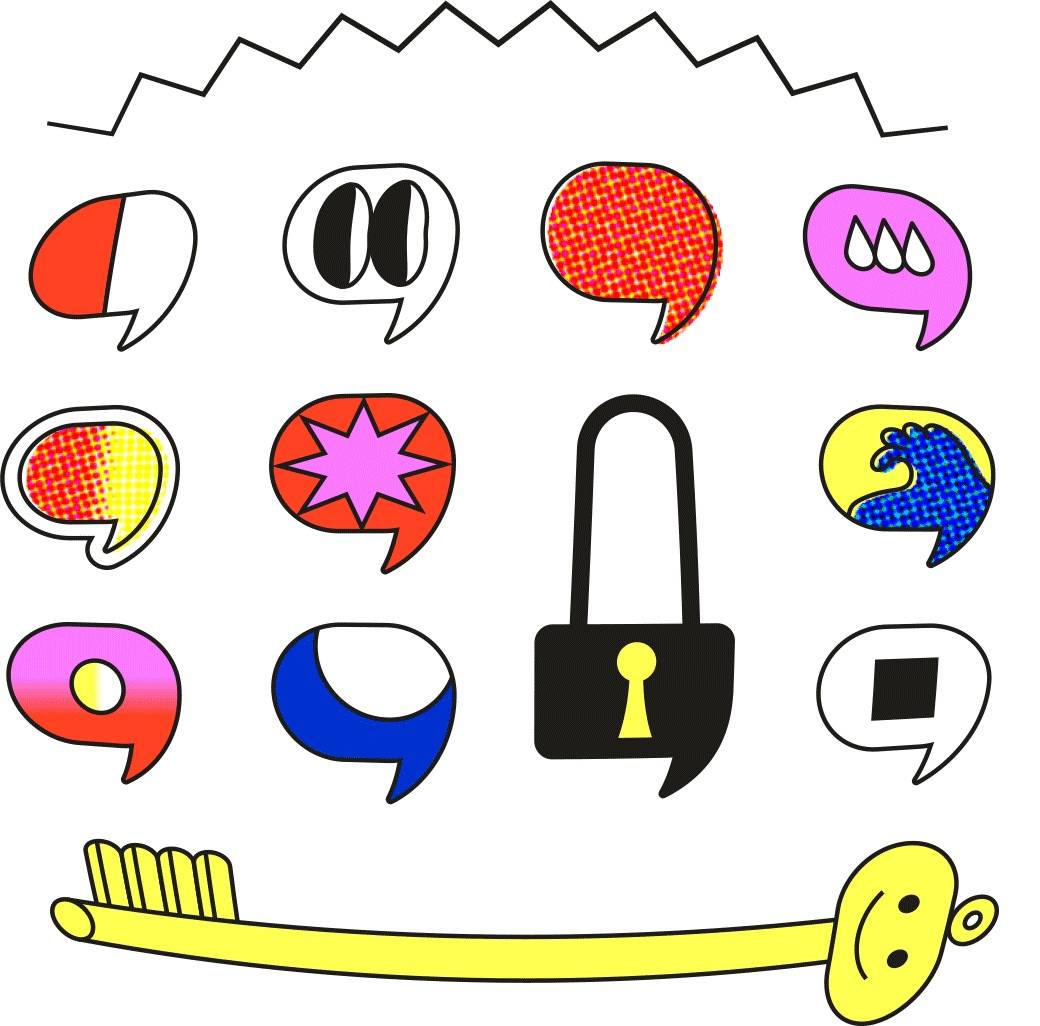Conversations
When a customer is worried
about how secure your service is
Security is no joke. Especially not for people whose whole company is depending on you. Occasionally in the pre-sales portion of a customer’s experience with you, they’ll reach out to ask about security on your site, or what specific features you offer that might be able to help.

While it is always best to focus on what the actual answer is to a customer, if the response you have to give doesn’t sound as appealing as you might like, an excellent tactic is to focus on the features that you do offer, rather than what you don’t. Here’s a great example:
Hey there,
Thanks so much for reaching out about this — it’s awesome that you’re concerned about online security! It’s a crucial topic that many people fail to recognize as important.
Anyway, here at [company name], our website is extremely secure. We [insert what you do — i.e. encryptions, changing passwords, etc. Perhaps include a link to your privacy policy page, if you have one.].
I hope that helps, but please let me know if you have any other questions or concerns.
Thanks!
If they persist, or the question is a bit more technical than you think you can handle, perhaps consider sending it to a support engineer if your company has one, or figure out a better process for escalation amongst the team. Having one person to run point and be the source of knowledge for tickets like these can be valuable — the answers can be technical and nuanced, and it’s a lot of pressure for everyone on your support team to know exactly the right answer every time.